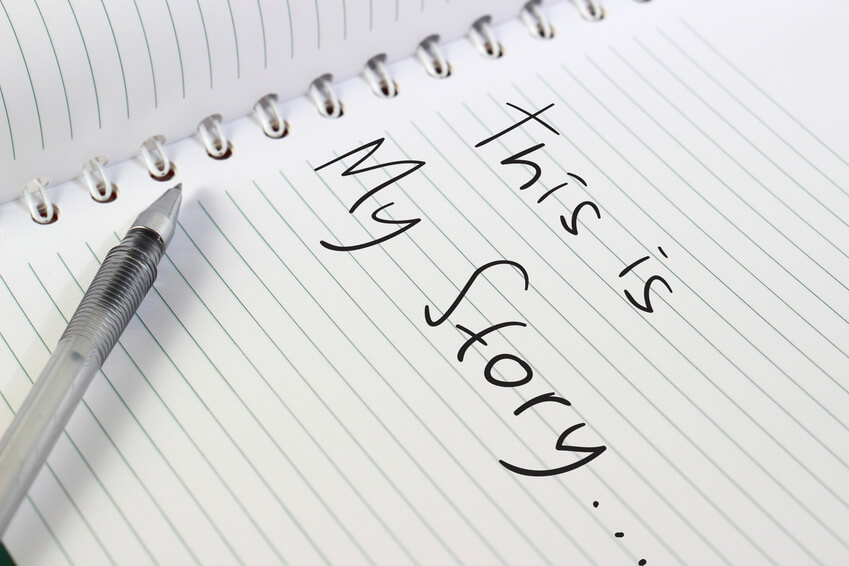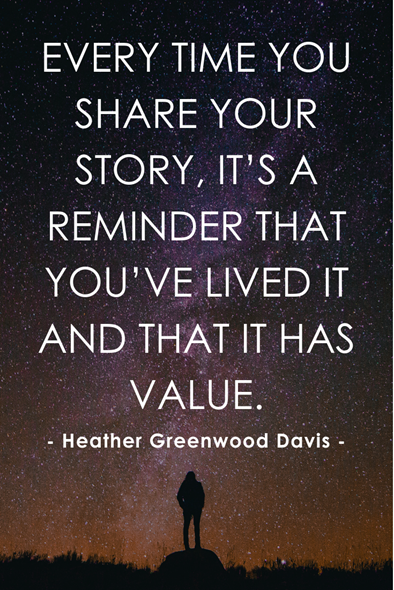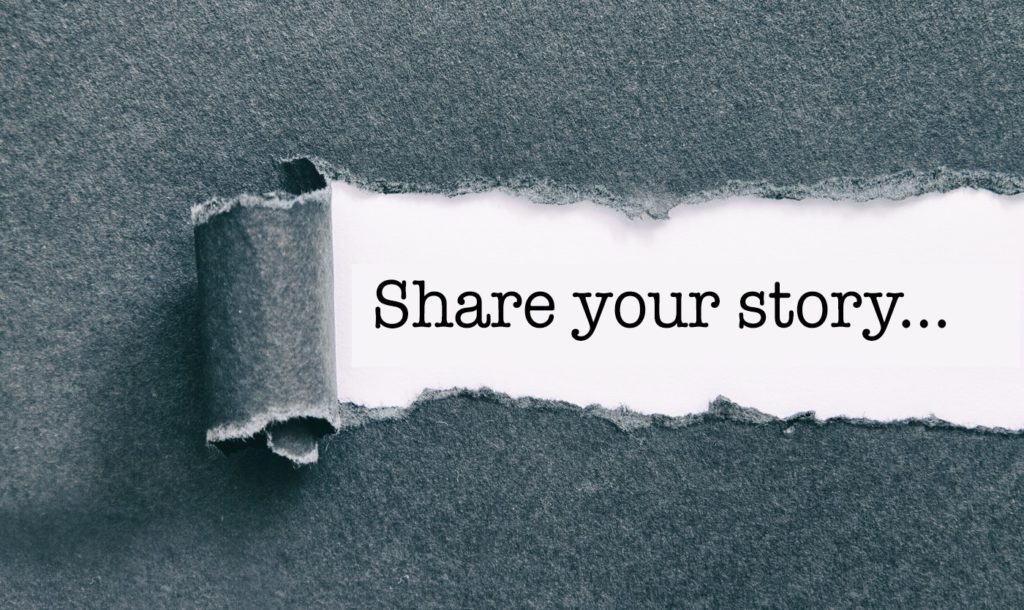
“DO I KNOW MY STORY AND HOW CAN I SELL IT?”
Over the course of our lives many of us have read a great book, been gripped by the story and have bought into the characters or felt a connection to the narrative, so much so that we tell friends and family how much we’ve loved it. The same can be said of a play, a film or a piece of music – we felt a connection, it touched us, we felt something, we were hooked.

What a great writer has, is the ability to showcase a story. We live in a world that is saturated with information, so really you won’t be heard unless you’re telling a great story. You can throw facts and figures, but there should be a good narrative surrounding it, or the likelihood will be that unless its good you will probably have lost the audience.
Having the ability to create and share a good story gives you a powerful advantage over others.
Why does one brand work over another? It’s usually the way that they are marketed, remember we don’t buy things that we don’t like, or that we are not even attracted to.

So, your story, where do you start? The two questions you should always ask are….
- What is the message that you are wanting to convey?
- Who are the audience that you wish to share it with?
A story needs to be well thought out, truthful, clear and to the point – many people get lost in spending their time sharing a story that takes way too long to get to the actual punchline. Make sure you keep keep it short, choose a framework and ensure that the listener is engaged and that it resonates with your audience.
The best storytellers look within and use their own life experiences and memories. Think of a great actor performing in an amazing play – the actor is giving their version of the narrative – I have seen many versions of the same play with different actors in the lead part, some good and some not so good – the sign of a great actor and their performance is down to the skill and research taken into the character and the story to create a compelling experience.
Throughout my career I have always said “that I am a storyteller” and moreover that our business does just that. We create a connection and tell a compelling and truthful story.
If we are looking at events in our life, there is nothing as powerful as a moment when a failure led to a success, what was the learning, moreover, sharing vulnerability shows authenticity and accessibility.
The same can be said of a conflict or a struggle, showcasing how these challenges were overcome can capture attention, and again can showcase the strength and skillset that was applied to overcome the challenge. After all life is not always blue skies and roses.
Don’t be the hero – no one likes “a know it all” or someone who wants to be the centre of attention all the time, it’s not authentic and the audience will get bored quickly. This does not mean you can’t be a central figure; however, the focus should be on the people you know, lessons you’ve learnt, or the events you witnessed. Make the audience the hero, it will increase engagement and buy in to the message.
I find that when people talk about how great they are, I usually switch off – I’m sure you do too.
So, keep it simple, the story does not have to be gripping all the time. Some of the most successful and memorable stories are relatively simple and straightforward. Don’t let needless details detract from your core message. Work from the principle that “less is more.” Sometimes overegging the story loses the intended message, a few interesting, well-placed details can help drive it home.

Remember the old saying practice makes perfect, the ability to tell a story is an art form. This thinking can be applied to all interactions whether they maybe meetings, presenting, getting your views across or getting someone’s buy in, even preparing your Curriculum Vitae for that new role.
Make sure you practice with friends, family or colleagues this way the message is polished – after all people remember a good story and moreover can advance your story.



